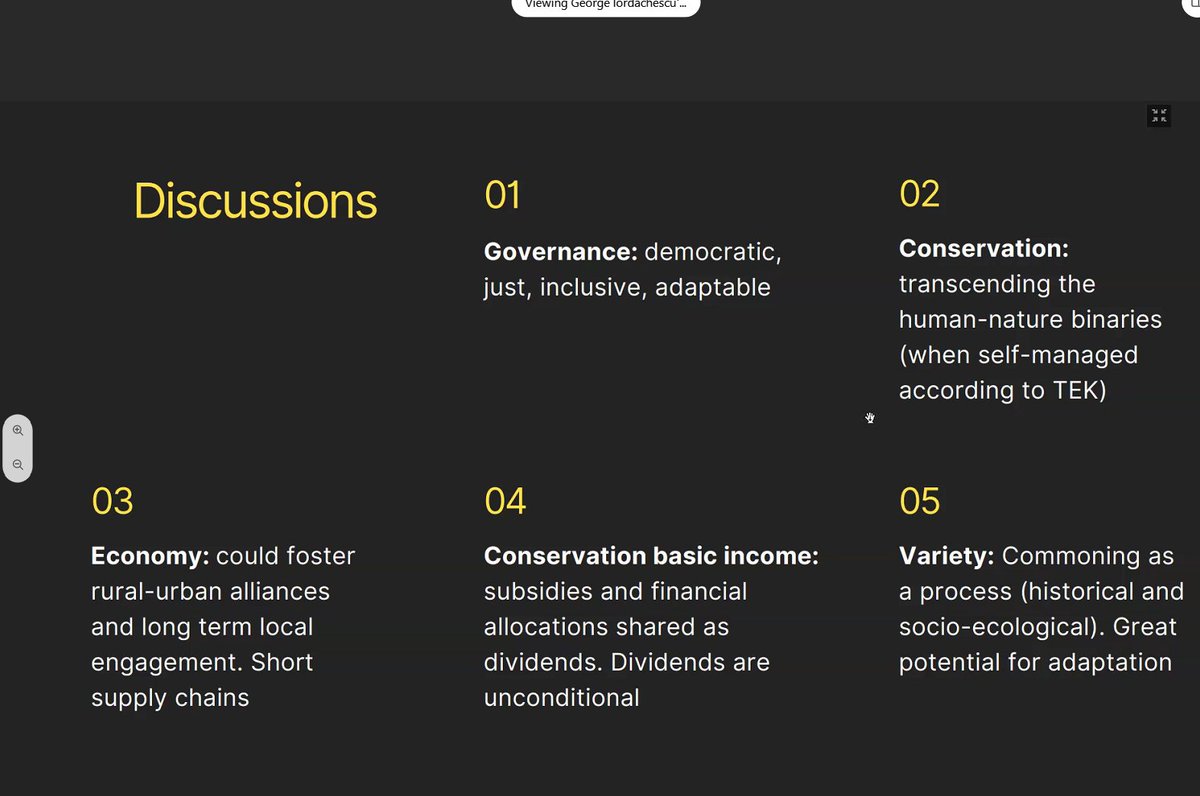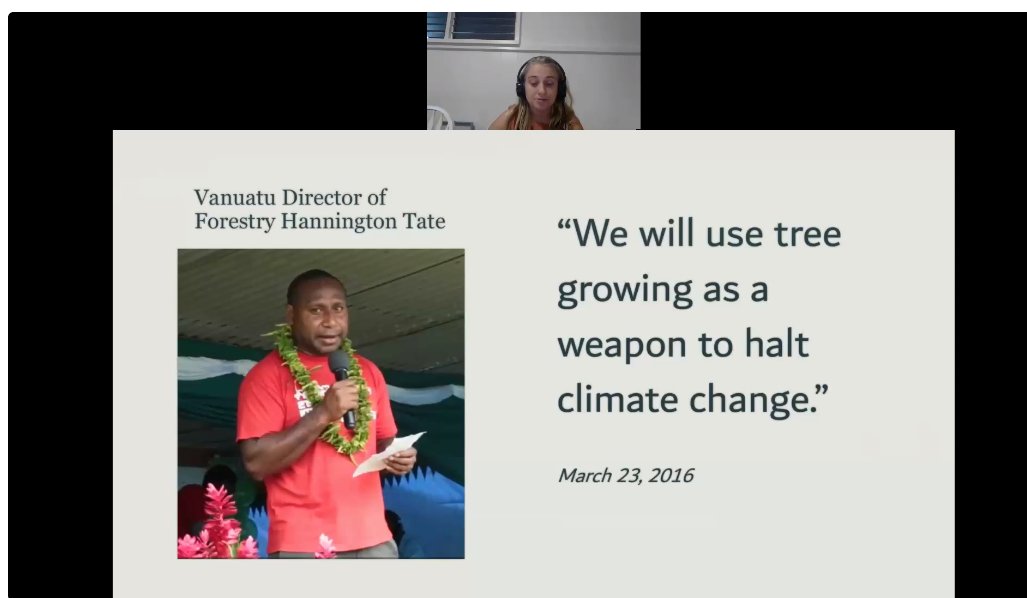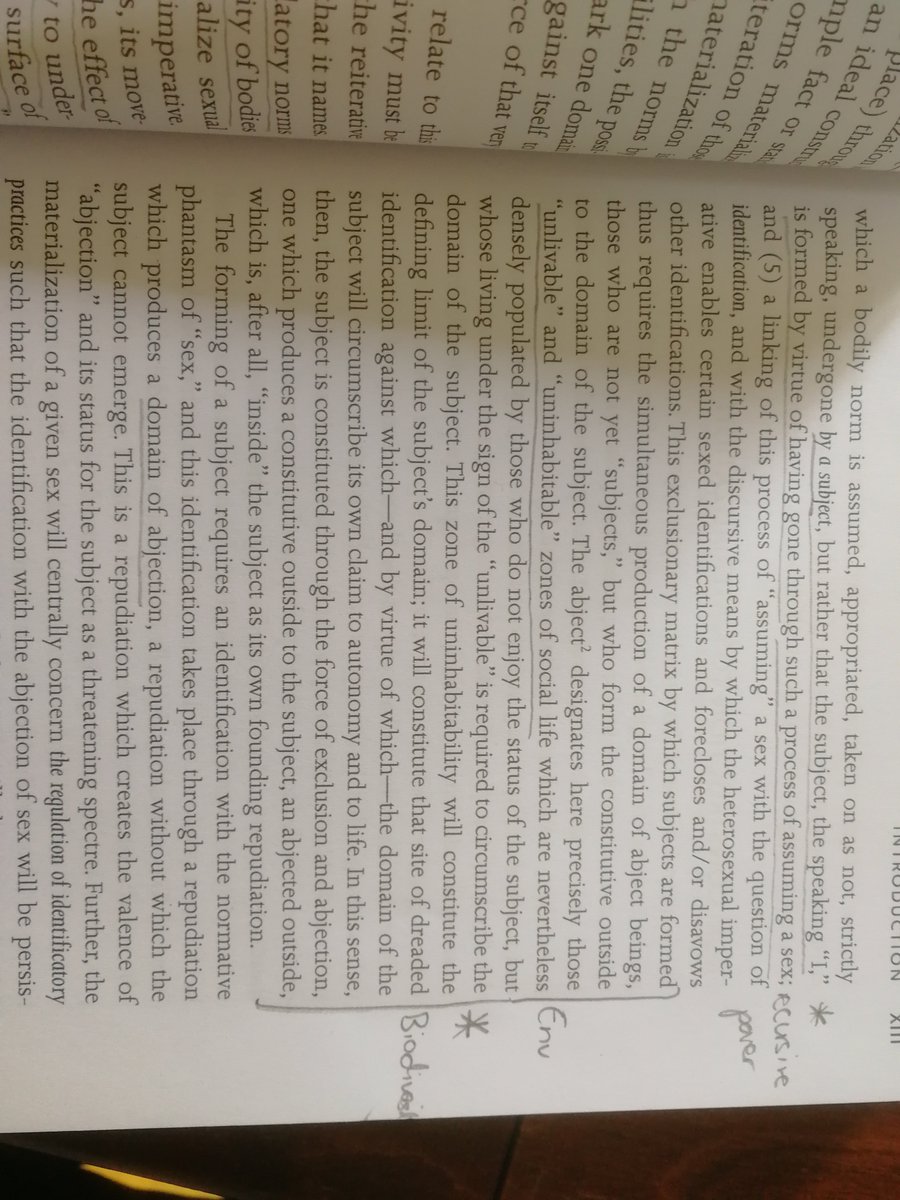The most insidious function
of power is to convince us that it must be this way, and that this is all there is. In this way, power covers its tracks. The crisis that we face is a crisis of #imagination, shaped by #power.
#Itcouldbedifferent #WhatIf
wp.me/p6Ero0-Q
of power is to convince us that it must be this way, and that this is all there is. In this way, power covers its tracks. The crisis that we face is a crisis of #imagination, shaped by #power.
#Itcouldbedifferent #WhatIf
wp.me/p6Ero0-Q
"Many of the worst chapters of this history result from scientism: the ideology that science is the only valid way to understand the world and solve social problems. Where science has expanded and liberated our sense of self, scientism has constrained it."
nature.com/articles/d4158…
nature.com/articles/d4158…
“While stroking an octopus, it is easy to fall into reverie. To share such a moment of deep tranquility with another being, especially one as different from us as the octopus, is a humbling privilege… an uplink to universal consciousness.”
brainpickings.org/2015/12/14/the…
brainpickings.org/2015/12/14/the…
"Misplaced wonder at our own scientific and technological prowess, she worried, would isolate humanity from the realities of the world we share, not just with one another, but with all living creatures."
aeon.co/amp/ideas/for-…
aeon.co/amp/ideas/for-…
"Meanwhile, for those of us who learned to speak a dominant language like English, our tongues carry the legacy of #colonialism, the stripping of the land, and we are constrained within a #monocultural worldview of culture and land.
forthewild.world/listen/the-bur…
forthewild.world/listen/the-bur…
• • •
Missing some Tweet in this thread? You can try to
force a refresh




















